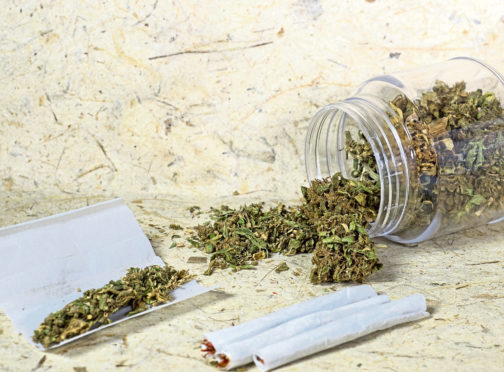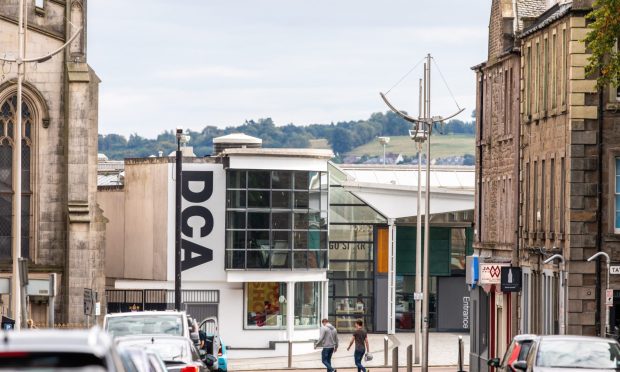Drug policy is a verb which declines like this – I’m just having fun, you should just say no – but we all want to just get off our faces. It is individual sanctimony versus the human urge to get out of it.
We like oblivion, and many of the stops on the way. Whether drink, weed or narcotics, there isn’t a government or police force that can stop us.
Drugs have been as common as drink for decades; easily bought and virtually unavoidable in your late teens and 20s. Official policy maintains it is the deviation when in fact it is ingrained in the everyday.
Odd people are not the users, but the ones who claim to have never taken any drugs. It is as exceptional as boasting of virginity on the grounds no one ever offered.
Drug policy – a ban on a variety of substances which range from mild inebriation to an orgy of consciousness – doesn’t work. This has been evident for decades. What has changed is that the old morality is crumbling in the face of scientific evidence.
This isn’t a complete revolution – society still works on the idea that drink is fine but heroin an abomination. However, cannabis has lost its image as the ruination of youth and has become acceptable.
Some of the impetus for change is coming from abroad – a number of US states have now legalised marijuana – Canada has just done the same and the law in Portugal and Uruguay changed a while ago. It is not so much that their legislators think cannabis is good for you – though it might be – but more that the expensive efforts to stop its use have proved futile.
The Scottish political consensus runs a mile from such issues, living in fear of a voter backlash.
Quite why a nation which drinks abnormally high amounts and has a reputation for drug abuse should be horrified at human frailty is probably explained by a residual puritanical streak.
The drive for change in the UK is coming from England. This week a man who once boasted of drinking 14 pints in a session, a claim no one believed, has said it’s time we should review drug laws. Former Tory leader William Hague says the war on cannabis is “comprehensively and irreversibly lost”.
This epiphany was triggered by a customs officer confiscating a supply of cannabis oil which an epileptic boy used for treatment.
The law in England treats cannabis as a recreational drug, and in so doing stops its use medicinally. Hague wrote that case shows how “a long-standing policy is revealed to be inappropriate, ineffective and out of date”.
His comments may be seen as a tipping point, an establishment figure legitimising a once frowned-upon idea so that national debate can take place. The Police Federation Board in England have been quick to join in by declaring that 100 years of prohibition had failed, and asking for a review of the law.
Former UK health secretary Norman Lamb has chipped in with claims that “probably half the Cabinet” have used cannabis and called for its legalisation.
Home Secretary Sajid Javid has said medicinal use will be subject to review, but ruled out legalising recreational use. This seems a pity. If a country as strait-laced as Canada can reform drug policy, then it’s overdue in the UK, while politicians’ silence on the matter in Scotland is a tragedy.
We take a lot of drugs. The main one is alcohol. NHS Health Scotland figures show the average consumption of 20 units a week. Given the number of non-drinkers and the decline in drinking as a social pastime among the young, that means there is a cohort of middle-aged boozers knocking back a hell of a lot of pints.
The chaos this causes is to be found in A&Es, broken relationships and criminal violence. There were 1,265 alcohol-related deaths in 2016 – the highest since National Records of Scotland started counting. We are unable to control ourselves when a drug is legal.
Of the illegal drugs, we are equally insatiable. 867 people died from drug use (88% from opiates) in 2016, according to the NRS, which reports: “Scotland’s figures imply a drug-death rate (relative to the number of people aged 15 to 64) higher than those reported for all the EU countries… and a drug-death rate (per head of population) that is roughly two and a half times that of the UK as a whole.”
If the presumption of policy is that people shouldn’t die early – whether by accident, illness or drug use – then our policymakers have failed. On drink, we should see how minimum pricing plays out, but be prepared to do more. On opiates we need a review which is open to new ideas about state-distribution and safe houses. On cannabis, we should be willing to follow Canada. Perhaps the biggest change we need is to be honest about our national addictions.
Our culture of public sanctimony and private oblivion kills people – we should come up with something better.










